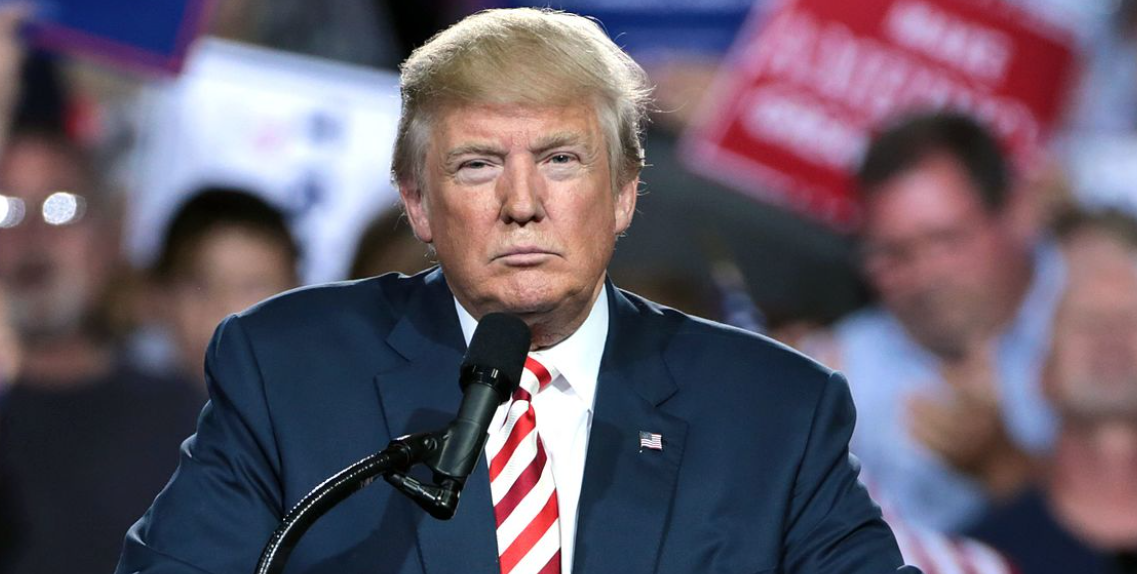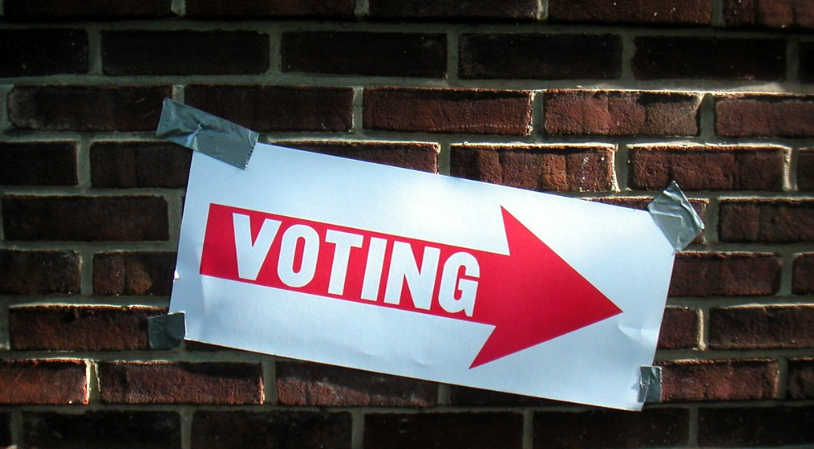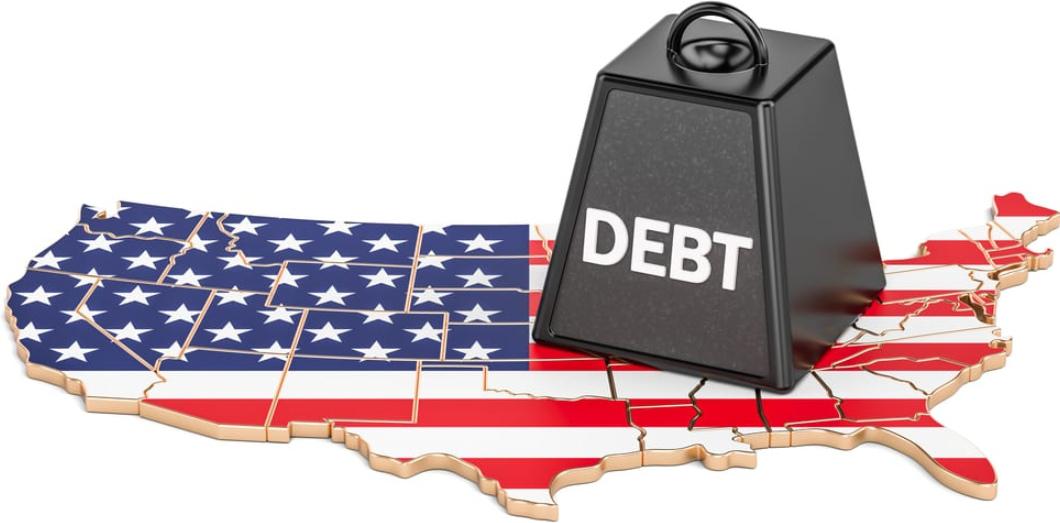The assassination attempt on Trump has left voters divided, according to data from Resonate.
What to Know:
-
70% of Trump voters and 64% of undecided voters blame the shooter for the assassination attempt.
-
36% of Harris voters and 48% of undecided voters hold the Secret Service responsible.
-
47% of Harris voters believe Trump has normalized political violence, while only 18% of Trump voters agree.
-
43% of Harris voters are concerned about loose gun regulations contributing to violence, compared to just 15% of Trump voters.
-
22% of undecided voters link both Trump and gun laws to the rise in political violence.
The most recent study from Resonate explores voter responses to the attempted assassination of Donald Trump, providing important context for understanding how various social groups assign blame. The study highlights a clear divide, with voters split between blaming the shooter or the Secret Service for the incident.
Voter Attribution of Blame:
Resonate’s data reveals a striking divide among voters across swing states regarding who is responsible for the assassination attempt on Donald Trump. The numbers tell a gripping story of blame and mistrust.
A significant majority of Trump voters (70%) squarely blame the shooter, with 62% of Harris voters and 64% of undecided voters also pointing to the attacker as the primary culprit. This sharp focus on the shooter reflects the immediate emotional response of those loyal to Trump and the broader electorate, but it’s not the full picture.
Blame shifts dramatically when it comes to the role of the Secret Service. Surprisingly, 36% of Harris voters and an even more notable 48% of undecided voters hold the Secret Service responsible, suggesting a profound lack of trust in the government's ability to protect high-profile figures. In contrast, 73% of Trump voters dismiss the notion of Secret Service failure, reflecting the polarized narrative between camps.
Concerns on Political Violence:
Resonate’s findings on political violence paint a stark picture of the current political landscape, with Trump’s role post-January 6 at the center of the debate. The data reveals a deep rift in voter perception when it comes to the normalization of political violence, with 47% of Harris voters believing that Trump has played a key role in fostering an environment where political violence is more acceptable. In contrast, only 18% of Trump voters agree, reflecting their steadfast support for the former president and reluctance to tie him to events like the January 6 Capitol riot.
Undecided voters show a more cautious outlook, with 22% sharing concerns about Trump’s role in normalizing violence, while 25% of third-party voters express similar fears. These numbers highlight how the conversation around political violence is deeply intertwined with party loyalty, leaving voters in swing states divided not just on Trump’s actions, but on the broader issue of violence in American politics.
Opinions on Gun Regulation:
Resonate’s research on gun regulation reveals another significant divide among voters when it comes to its role in political violence. Harris voters (43%) express deep concerns about loose gun regulations, viewing them as a major contributor to the escalation of political violence in the country. This aligns with broader Democratic efforts to push for stricter gun control in the wake of high-profile violent incidents, reinforcing their stance that addressing gun laws is key to reducing the potential for future violence.
On the other hand, only 15% of Trump voters share this concern, reflecting a stark contrast in priorities. Trump’s base, which generally supports more lenient gun policies, tends to dismiss the idea that tighter regulation would have a meaningful impact on preventing political violence. Meanwhile, 22% of undecided voters and 23% of third-party voters express moderate concern about loose gun laws, suggesting that while gun regulation is an issue, it’s not the primary factor in their view of political unrest.
Wrap Up
Resonate’s research offers crucial insights into voter attitudes surrounding the Trump assassination attempt, political violence, and gun regulation. Voters are divided over who bears responsibility for the attack, with most Trump voters blaming the shooter, while Harris voters and undecided voters place more blame on the Secret Service.
Political violence remains a contentious issue, with nearly half of Harris voters believing Trump has normalized it, while Trump’s supporters largely reject that notion. On gun regulation, Harris voters show greater concern about loose laws contributing to violence, in contrast to Trump voters, who prioritize other factors.





